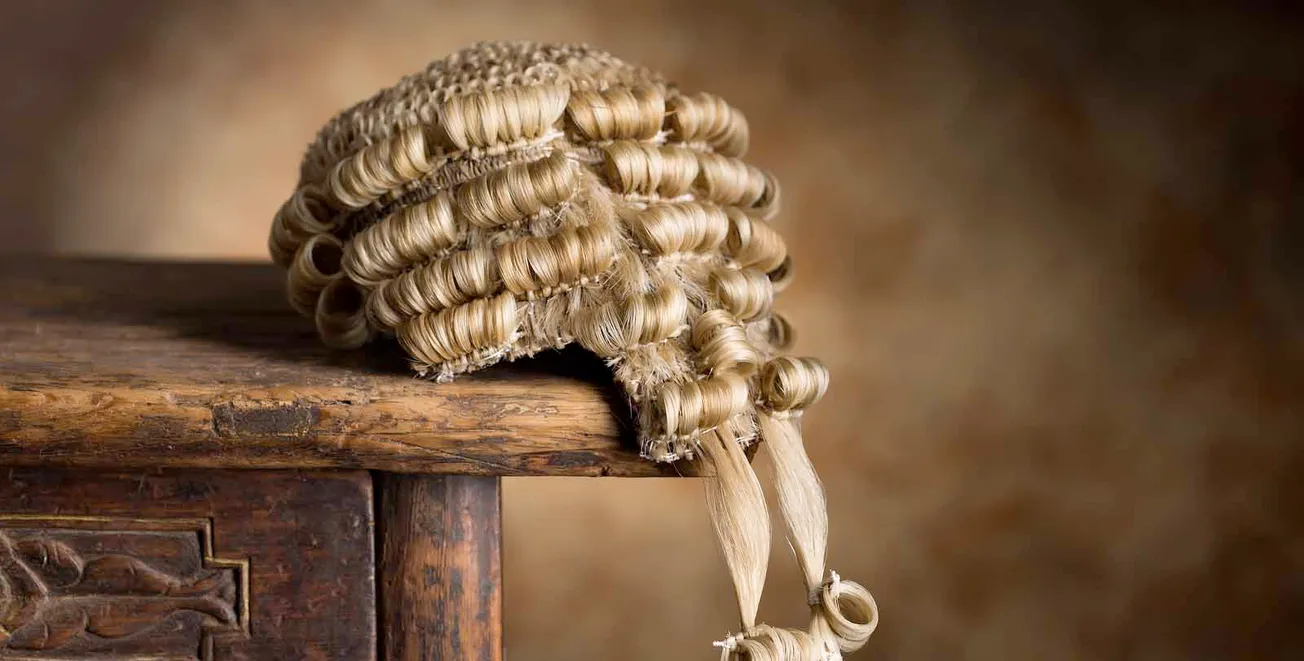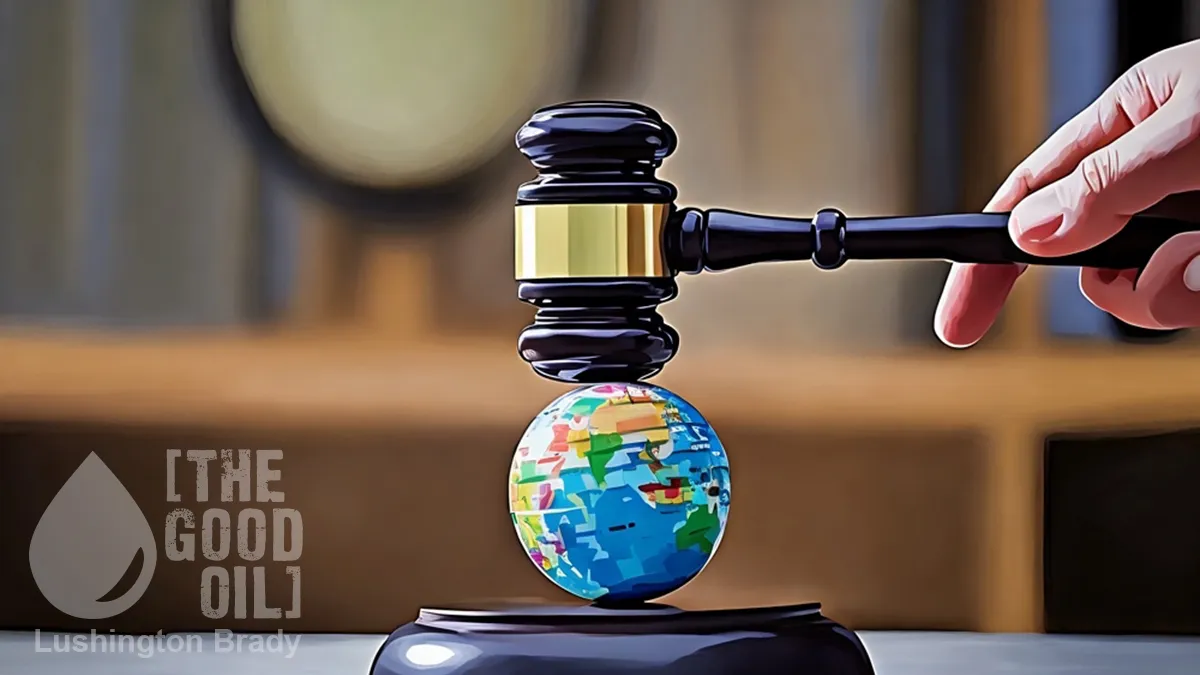Table of Contents
David Seymour
ACT Leader David Seymour
Today is the last day Government has to appeal a ruling that granted Maori property rights based on tikanga.
The Whakatohea decision, made under the Marine and Coastal Area (Takutai Moana) Act, the legislation that replaced the Foreshore and Seabed Act, granted customary marine title and protected customary rights to several Bay of Plenty hapu.
The previous National Government’s decision to include references to tikanga in the Marine and Coastal Area Act has come home to roost because it has resulted in a complete distortion of the common law.
Former Attorney-General Christopher Finlayson argued in court on behalf of the Landowners Coalition that it was necessary for hapu to prove not just that a system of tikanga existed, but that they had held the area in a manner consistent with other property legislation and Western ideas of property rights.
The Court disagreed, instead choosing to rely on tikanga:
‘The task for the Court…is therefore not to attempt to measure the factual situation against western property concepts or even the tests at common law for the establishment of customary land rights…The critical focus must be on tikanga and the question of whether or not the specified area was held in accordance with the tikanga that has been established.’
Passages from the court’s ruling reveal how ill-defined the notion of tikanga is:
‘The tikanga also relates to the belief systems of M?ori where they have genealogical ties dating back to Ranginui [Father sky] and Papatuanuku [Mother earth] and also the belief system of belonging to an ancestor that was already living here in Aotearoa way before the Greet Fleet (the canoes) landed…’
‘In the Maori view of creation, the central figures are Papat??nuku (the earth mother) and Ranginui (the sky father) with the earth being created when these two were thrust apart by their children. They are regarded in tikanga as ancestors and one does not own one’s ancestors. Ancestors are the source of whakapapa and whakapapa is a tikanga that dictates Maori societal norms and relationships. In tikanga rather than there being an emphasis on exclusive individual or collective title to any part of land, the focus was on the use of and relationship with resources of the land and sea including manaakitanga. Perhaps most importantly for this litigation the concept of exclusion was fundamentally inconsistent with the tikanga values of manaakitanga and whakapapa.’
The law must be certain for all New Zealanders. Importing ill-defined spiritual beliefs into the common law is untenable.
However, a growing number of people in government and the judiciary are determined to incorporate tikanga.
The implications of the judgment are disturbing because there are around 200 other such claims currently before the courts.
Treaty Minister Andrew Little appeared on Newstalk ZB last week to say that the Government is considering the implications of the ruling.
The Attorney-General David Parker must appeal the decision before the ruling becomes part of the law of the land. He must do that today.
If, however, undermining the common law is the outcome the Government wishes to see, it should tell New Zealanders.
Please share so others can discover The BFD.








